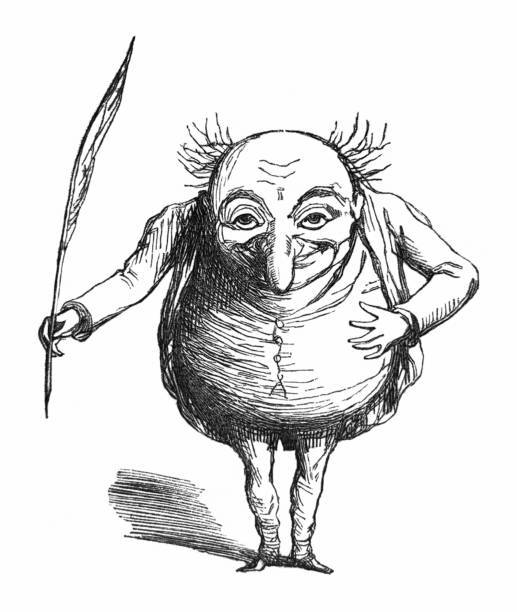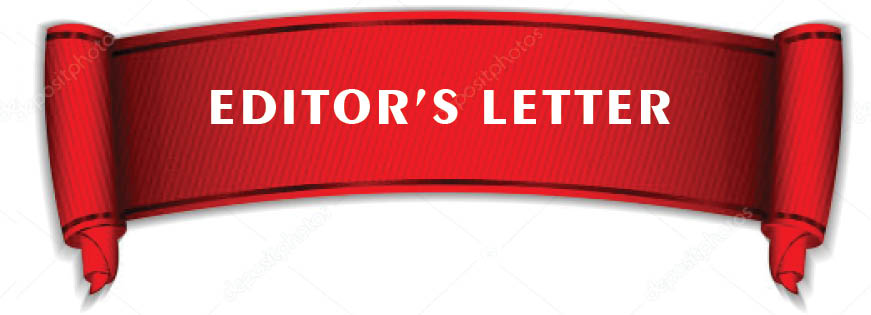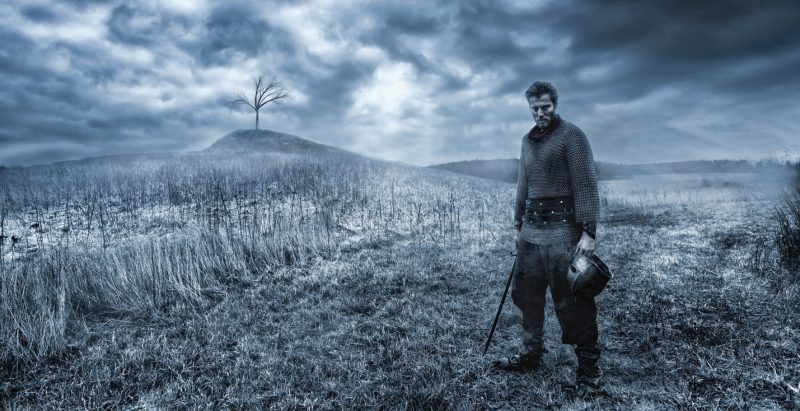Merriam-Webster announced their ‘word of the year’ this week, and having given the distinction to 2020’s “pandemic” and 2021’s “vaccine” we speculated what it could be. What is the most important word of 2023?
Is it Climate, perhaps? It was the hottest year on earth by chance. Or is it War; the invasion of Ukraine has been hard to ignore. Or maybe Religion; Israel and Palestine both want to win and reclaim the City of David therein.
Or maybe the word is Disaster. An earthquake in Turkey was beyond the pale; 7.8 on the Richter Scale; consumed 60,000 in a single night; the deadliest since the time of Christ.
Freddy came in as the ‘longest’ cyclone; Daniel was the deadliest on Mediterranean shores; together they claimed 20,000 souls. Interest rates soared; economies cooled; and several US banks they collapsed, too. And yet…
The world’s largest tech companies all seemed to thrive and Apple and Google beckoned we imbibe on Bing, Bard and Applebot. And ChatGPT, I quite forgot.
Artificial Intelligence is all the rage; and seems as though its here to stay; but does mankind have the all clear; Dear Editor, alight on the word of the year.
Signed,
Phonetically Challenged
Sunday Morning / December 3, 2023

It is the oldest dictionary publisher in the world. In 1831, George and Charles Merriam purchased An American Dictionary of the English Language from Noah Webster, and in 1964 it was acquired by Encyclopedia Britannica. Today, the British company is renown for being the world's oldest continuously published encyclopedia in the world and the principal storyteller of history.
Why that matters can be traced to the Scottish Enlightenment; a reaction to the Act of Union of 1707; consolidating the Kingdoms of England and Scotland into Great Britain; and coinciding with the first rough draft of the Encyclopedia Brittanica in Edinburgh Scotland.
The politicians fled the Land of Clans for London and its parliament; but other souls brave and bold stood tall and fast in Edinburgh, where philosophers and a bourgeoisie stood up for freedom on the North Sea.
Until 1707, the Kingdom of England was governed by an Absolute Monarchy which held that universal fact, knowledge and truth preexist and are merely discovered and accepted by English subjects. After 1707, all Scots were required to get on board.
While Merriam-Webster observed several words being looked up more than others in 2023 — coronation, dystopian, covenant, doppelgänger and indict — were coincidentally shared concerns of the Scottish Enlightenment.
Scottish Enlightenment
In the spirit Newtonian physics, Scottish philosopher David Hume invoked the scientific method to examine the human experience. Called empiricism, Hume observed that “in our reasonings concerning matter of fact there are all imaginable degrees of assurance, from the highest certainty to the lowest species of moral evidence. A wise man, therefore, proportions his belief to the evidence.”
However, Hume held that our experience (not our reason) governs human behavior, famously proclaiming that “reason is, and ought only to be the slave of the passions.” Hume strove to create a naturalistic science of man that examined the psychological basis of human nature. He writes in A Treatise of Human Nature:
Beauty is no quality in things themselves: It exists merely in the mind which contemplates them; and each mind perceives a different beauty.
While Hume was a proponent of Free Will, it was countryman Adam Smith who gave the Scottish economy a point of view. Called the Father of Economics, Smith refused to accept that the distribution of wealth in Scotland was God’s Will, and was the first to entreat economics as a comprehensive system and academic discipline. He writes in Wealth of Nations:
It was not by gold or by silver but by labour that all wealth of the world was originally purchased. Wherever there is great property there is great inequality. For one very rich man, there must be at least five hundred poor, and the affluence of the few supposes the indigence of the many.
Finally, it was Thomas Reid who couched Free Will with some Common Sense Realism. For Reid, we cannot rely on our senses to prove that we’ve been radically deceived in our beliefs “because our conscious experience is not of the real world, but rather of a contrived internal representation of a world they want us to see.”
The Scottish diaspora carried a common sense challenge to antiquated models of authority throughout Europe and to a free world.
Select Society
It was the first discussion club and later debating club for the intellectual elite of Edinburgh. The Select Society’s mission was characterized by Voltaire in The Scots Magazine in 1755. "For skepticism, sentiment, inquiry, science and human nature, we look to Scotland for all our ideas about civilization."
In fact, the Scottish Enlightenment shaped America’s Founding Fathers. The “self-evident truths that all men are created equal” in the Declaration of Independence reflect David Hume’s rationalism upon his friend, Benjamin Franklin; Smith’s Wealth of Nations is peppered throughout Madison’s writings in Federalist No. 10; and Thomas Reid’s philosophy of common sense and keeping it real would come to reflect the western world.
As the real world continues to morph into a virtual performance, its worth remembering Merriam-Webster's word of the year for 2022. Gaslighting: "The psychological manipulation of a person over time that causes someone to question the validity of their own thoughts, and the perception of their reality."
And when we asked Bing “What's the word of the year for 2023” Bing replied:
The word of the year for 2023 is “Authentic” according to Merriam-Webster. The word saw a substantial increase in online searches on the company’s website throughout the year.
Perhaps because Drake, Taylor Swift, Eminem, and former First Minister Nicola Sturgeon were making headlines with statements about the importance of seeking one’s “true voice, true gender, true self.” Even Elon Musk, who took away our trademark blue check mark of identity verification this year, was kind enough to sell it back to us for just $8 per month. Thus monetizing the difference between what’s real and the very appearance of reality.
Merriam-Webster confirmed that the “use of the term ‘authentic’ and its popularity wasn’t selected by AI, but rather influenced by the popular culture and others who’ve all made headlines in 2023.” But then, Bing continued without any prompts:
On the other hand, Cambridge Dictionary has chosen “Hallucinate” as its word of the year. This choice was influenced by a surge of interest in generative artificial intelligence (GAI).
The American cognitive scientist Gary Marcus explains that where GAI is concerned scale isn’t everything; hallucinations are rampant; reliability is a problem; misinformation is systemic; factuality is in question. “Large Language Models (LLM) have no ability to distinguish the whole from its parts, and GAI alone cannot and will not yield super intelligence. We’ll need a new paradigm.”
The AI Act
Proposed by the European Commission on 21 April 2021, the AI Act is the most sweeping digital strategy in the world. It does not confer rights on individuals, but rather regulates the providers and entities making use of them in a professional capacity. Its official purpose is to ensure the proper functioning of the EU single market by setting consistent standards for AI systems across EU member states.

There are nearly 60,000 AI companies in the world today, the majority of which are in the US, and their prescient danger lies in the absence of regulation. This week, Italy, Germany and France all pushed back on the EU's AI legislation in favor of regulation by the AI companies.
“Oh what a tangled web we weave when first we practice to deceive.” Sir Walter Scott’s tryst or love triangle in Marmion was a metaphor for the masses. In truth, it spotlight the historical Auld Alliance between France > Scotland > and England at the Battle of Flodden in 1513: which marked the end of the Middle Ages in the British Isles and the advent of Modern Times.
A proposal for Scottish desertion is still on the table some 500 years on, and a clear majority in both Scotland and the UK favor independence. And if Americans can expel a congressman, the European Parliament can too. Keep your eye on Brussels not the red, white, and blue. Companies don’t self regulate; commissioners can capitulate; and countries have withdrawn a time or two.
Lift a page from the Scots; who frankly ne’er forgot; that its never just enough to sew the seeds. We must legislate and train; continuously campaign; only man (for 10 more years) can do the deed.








